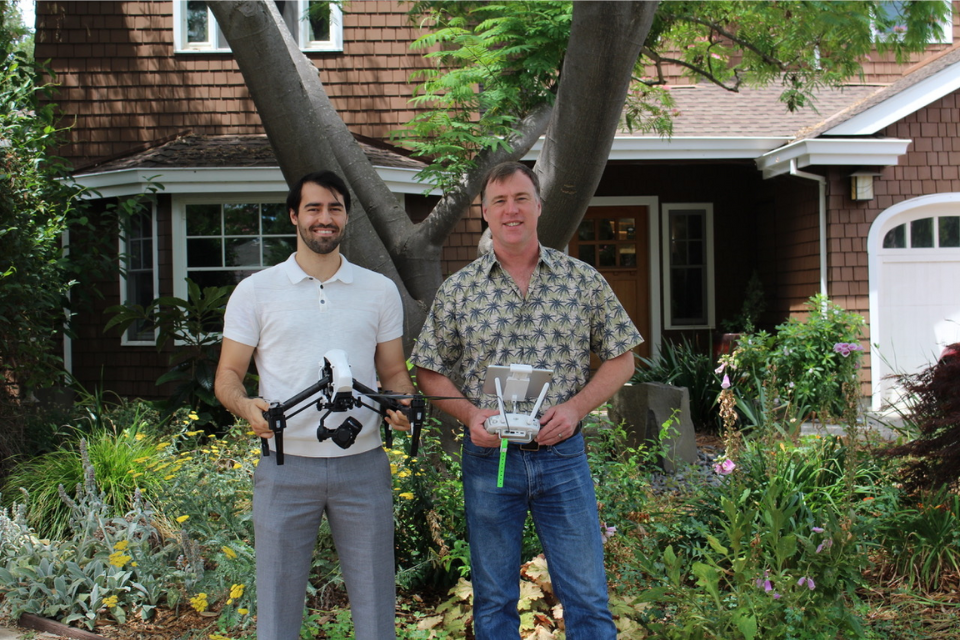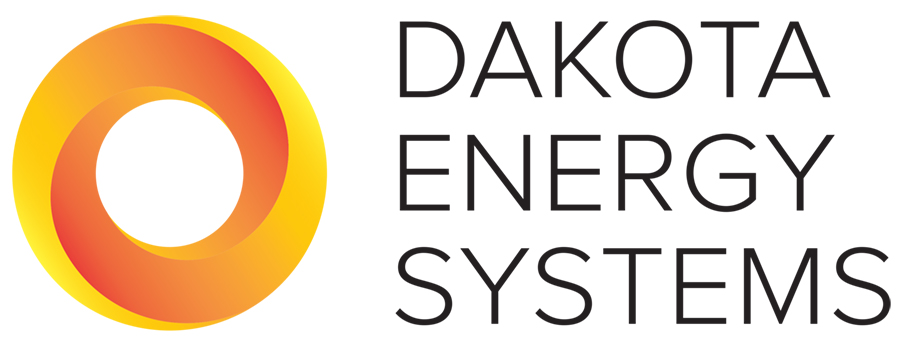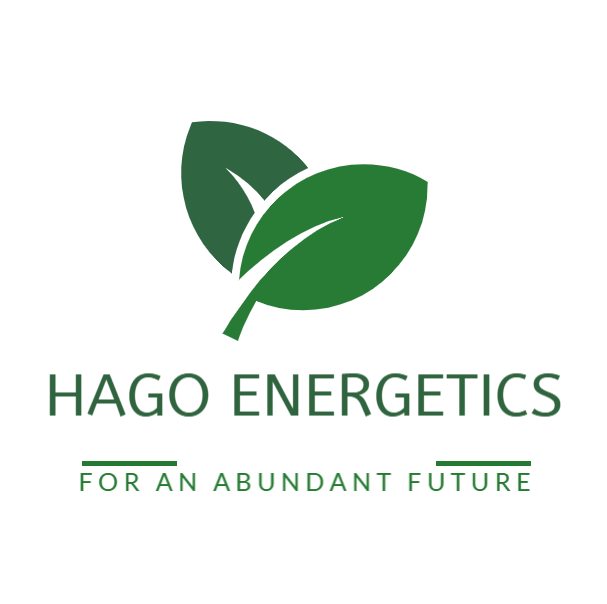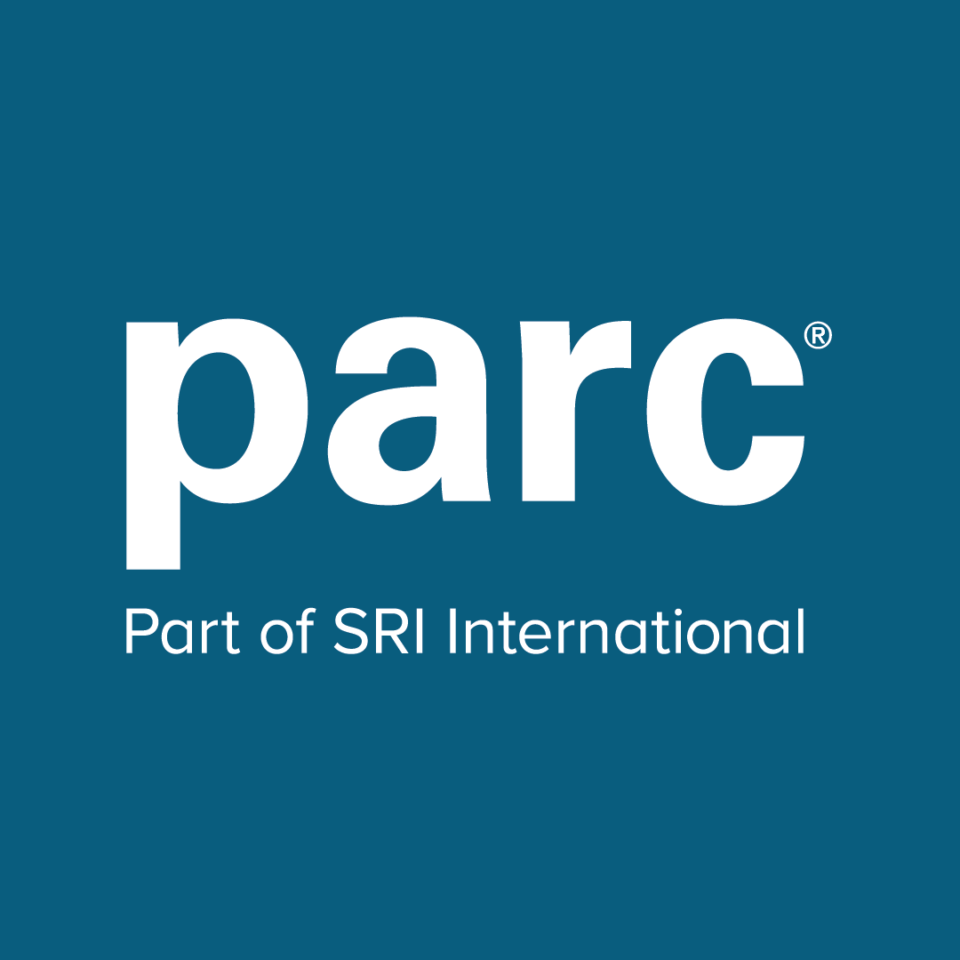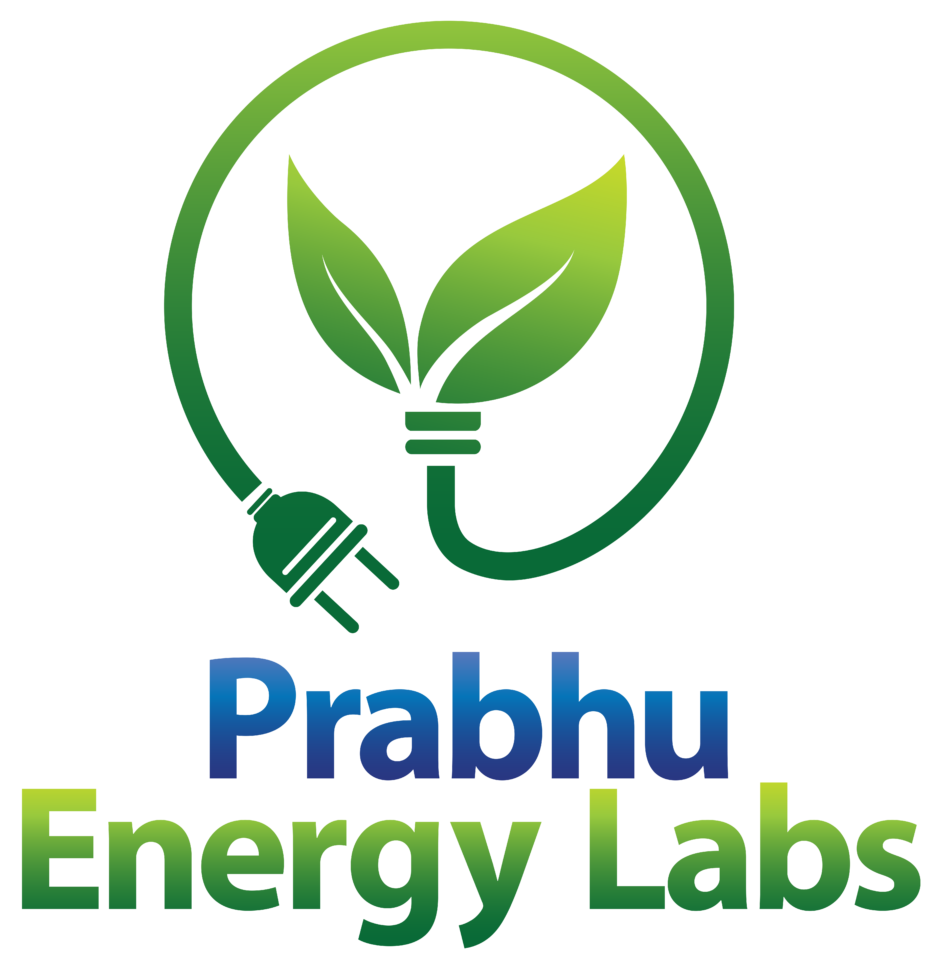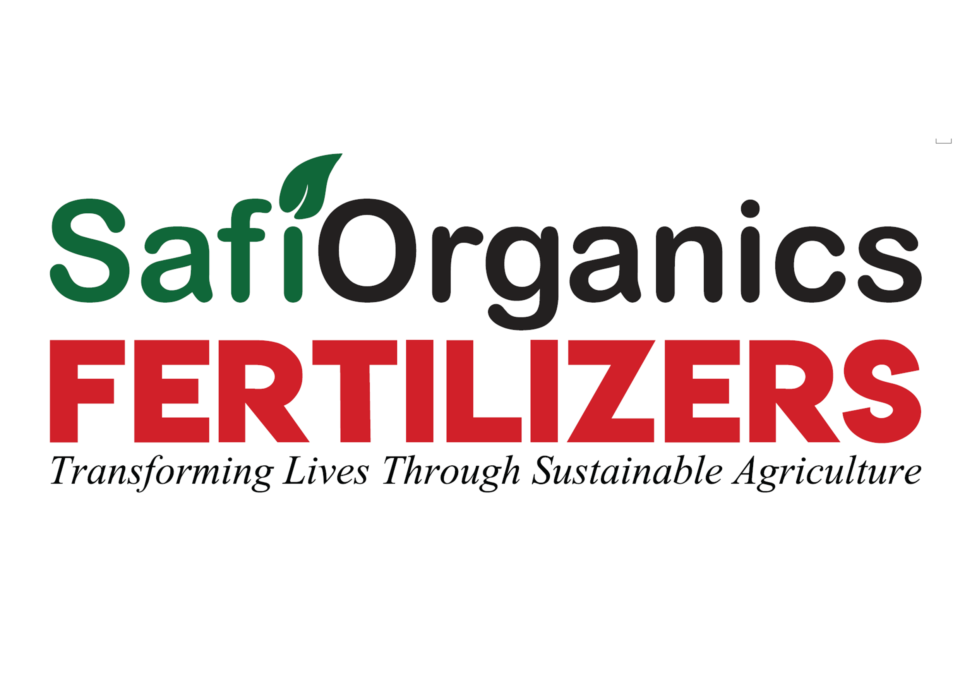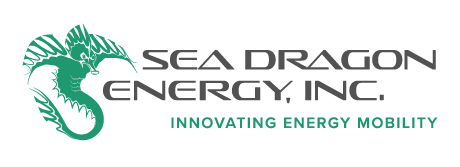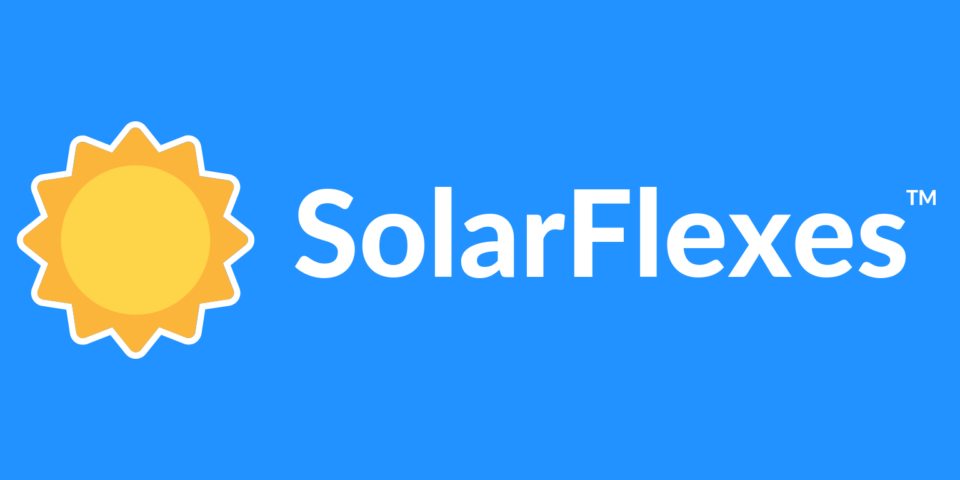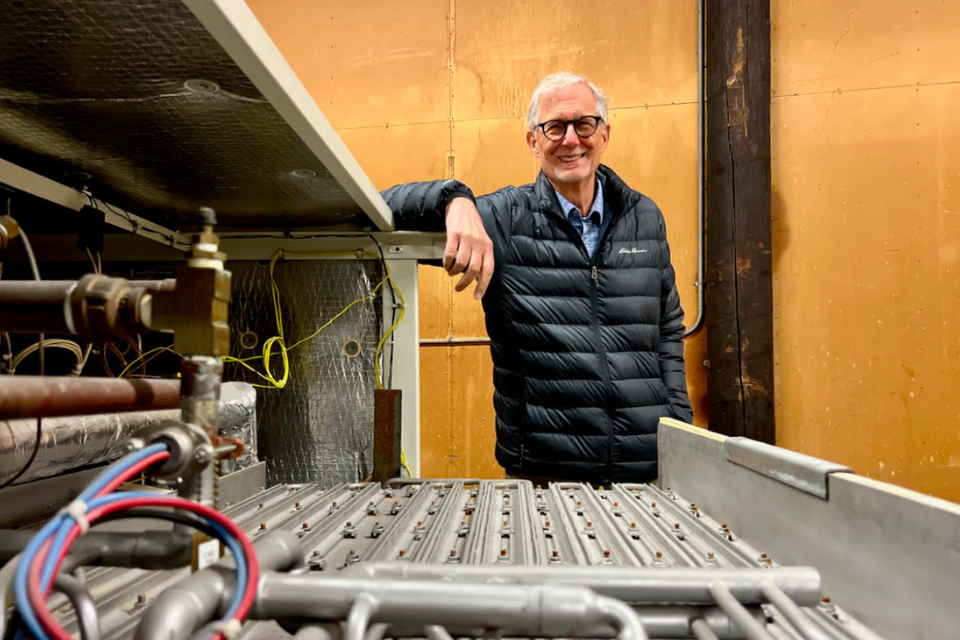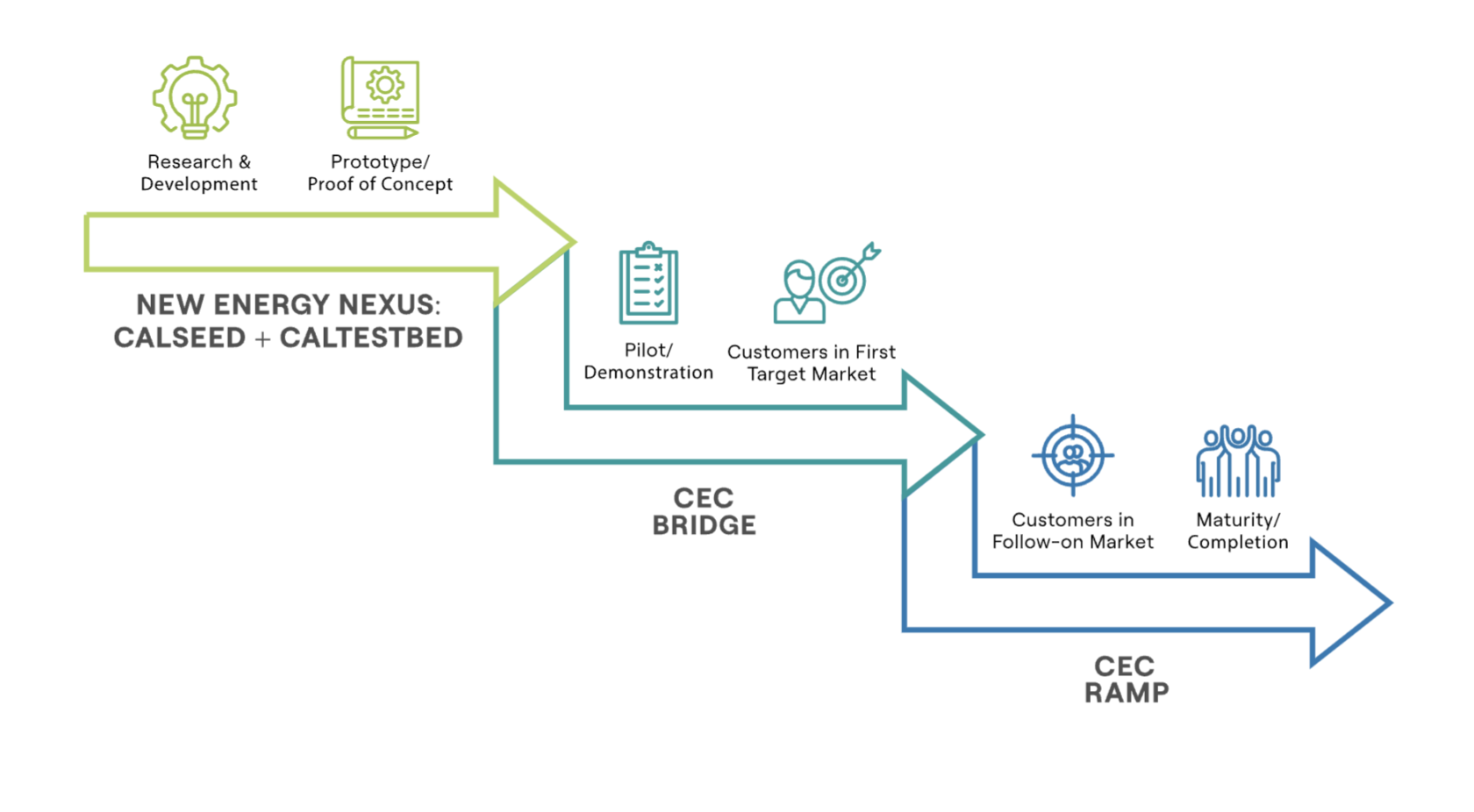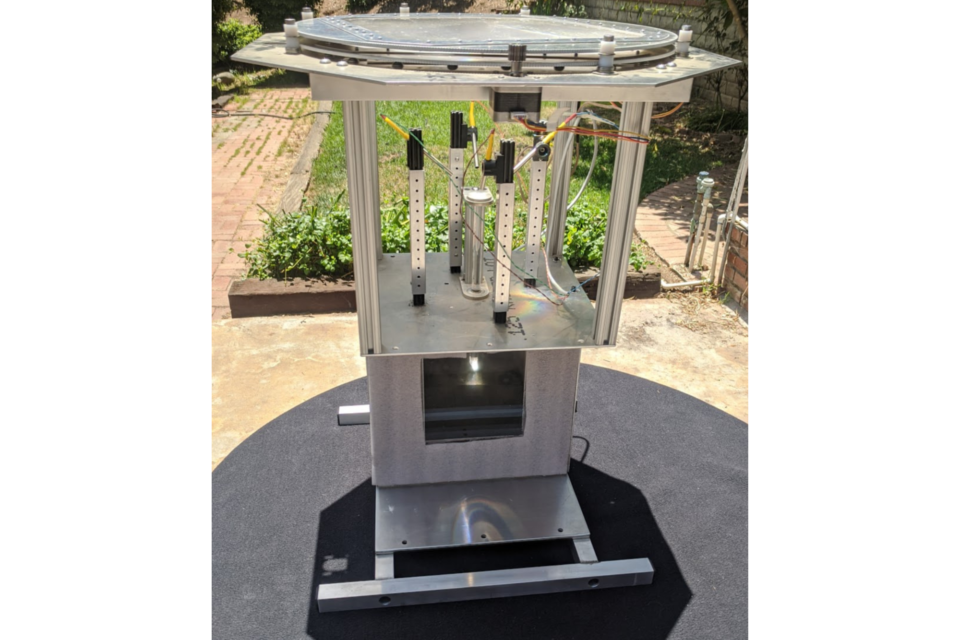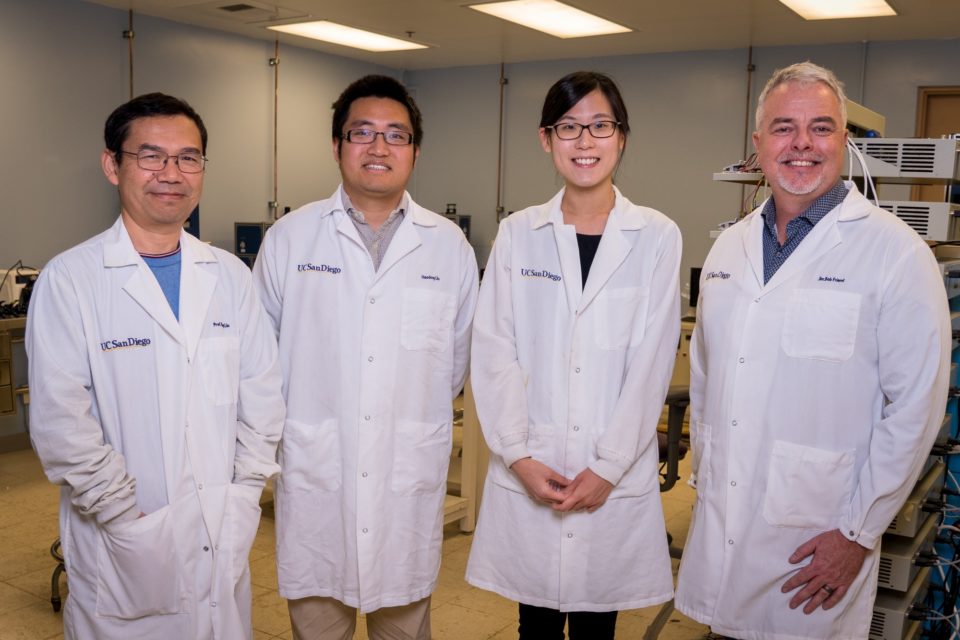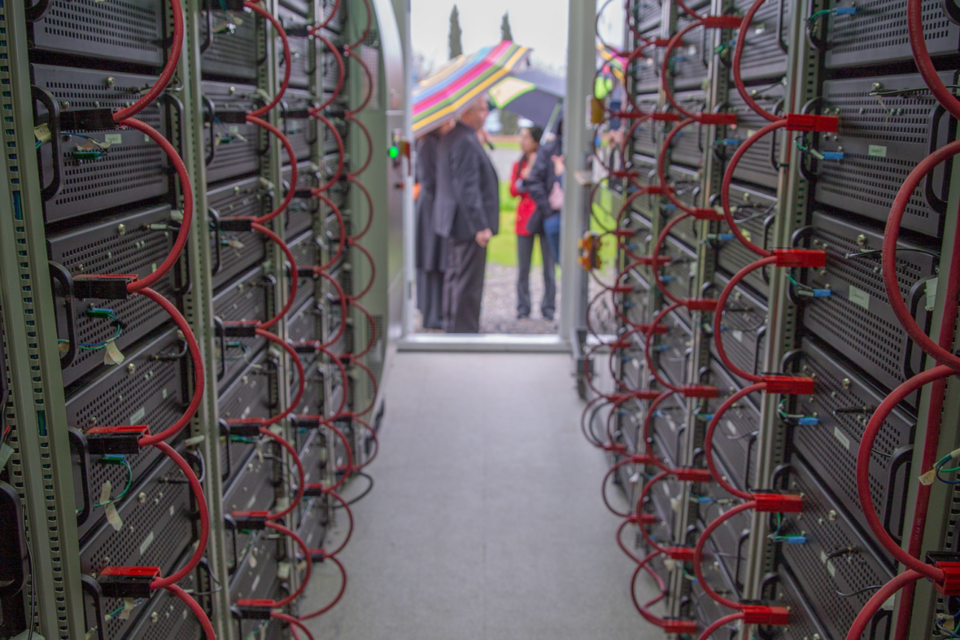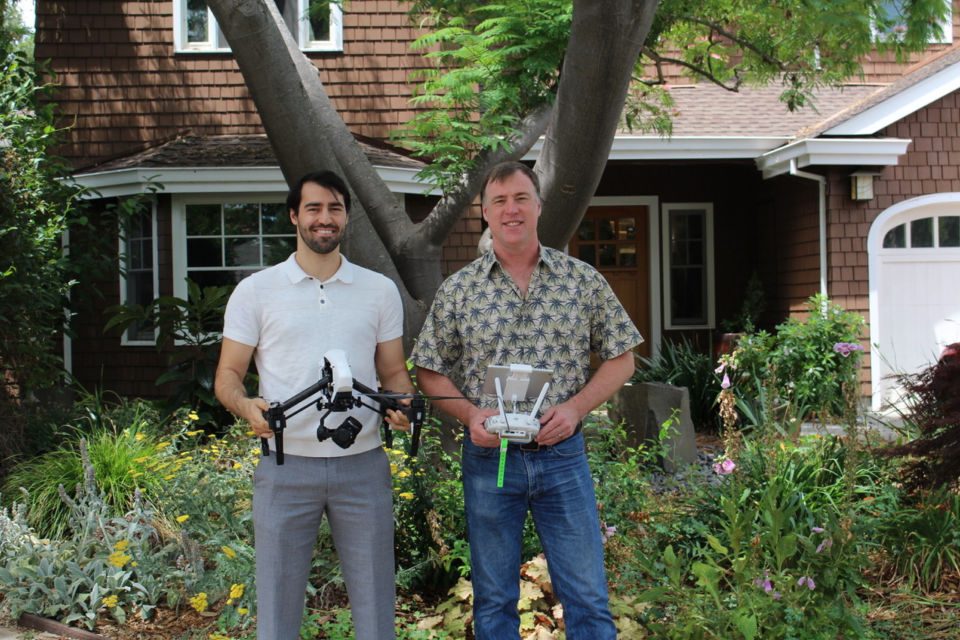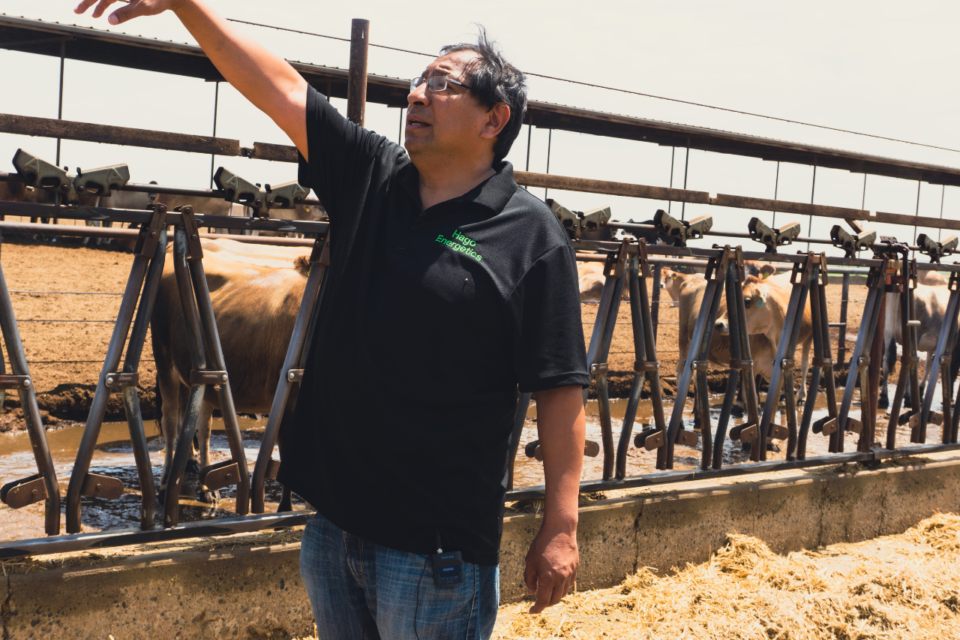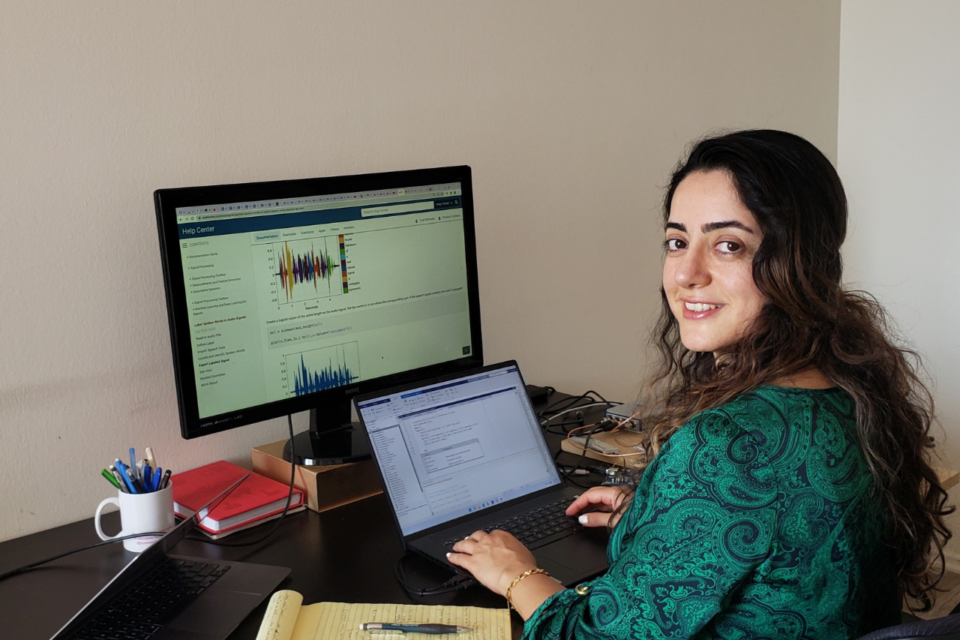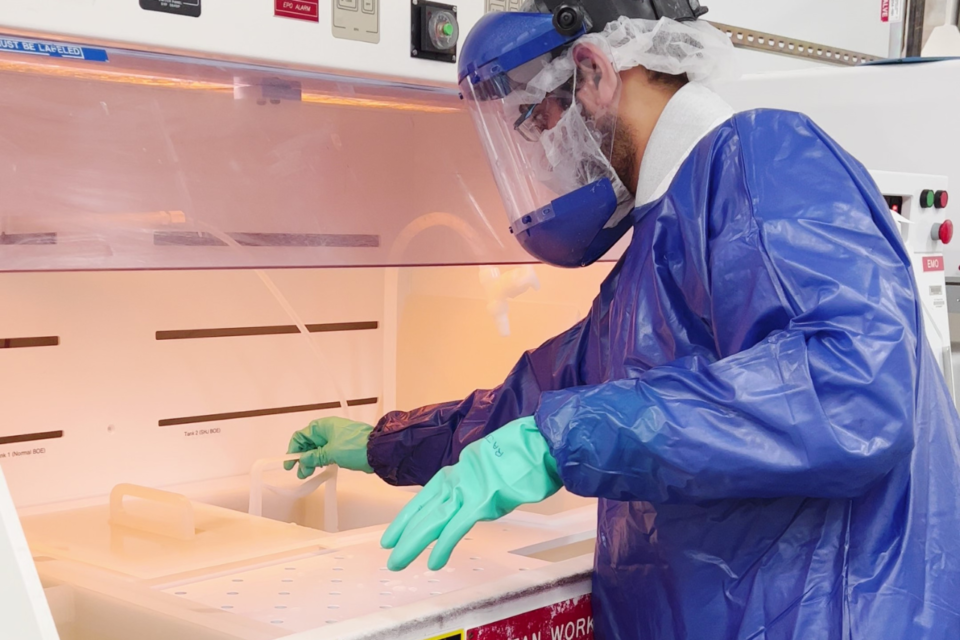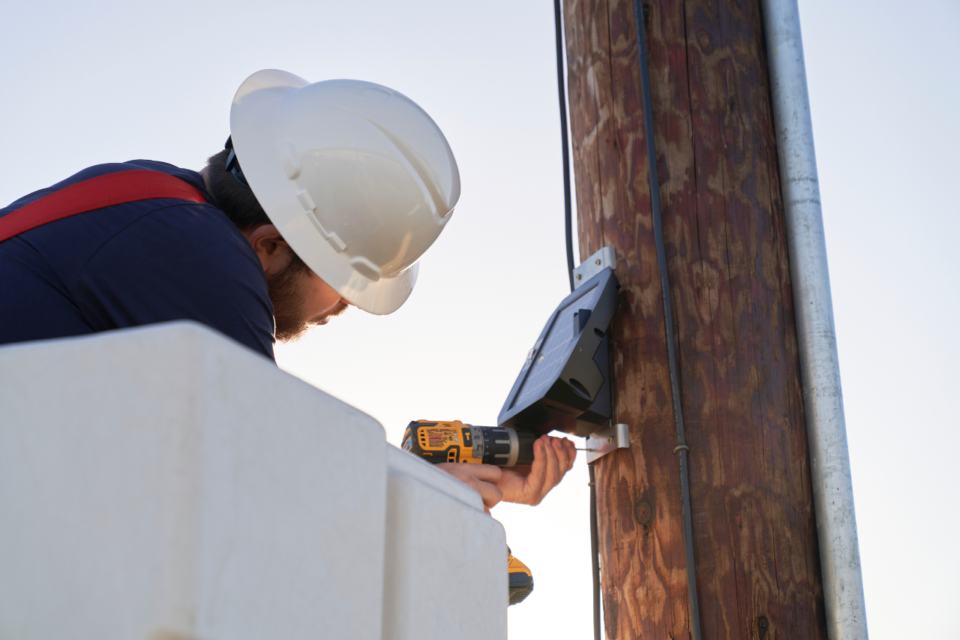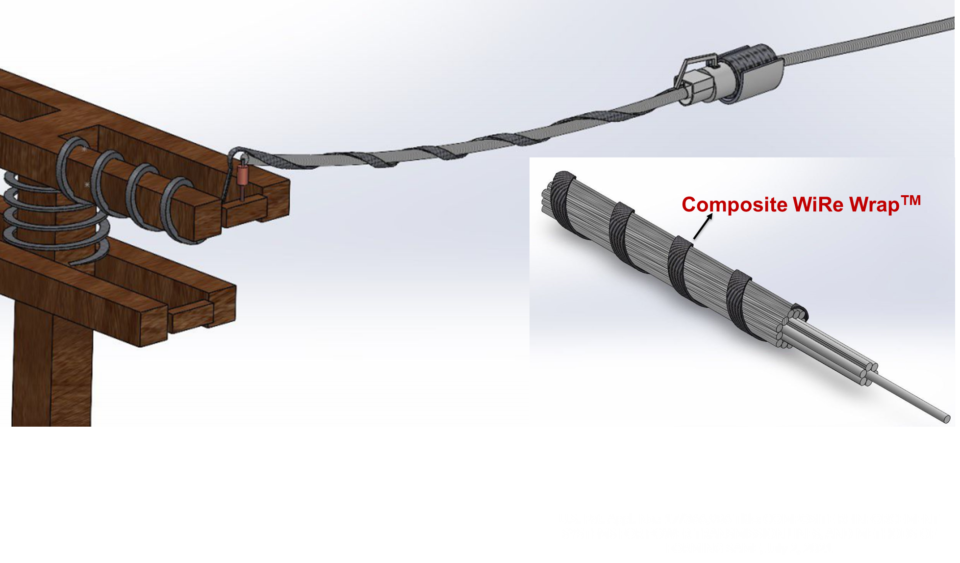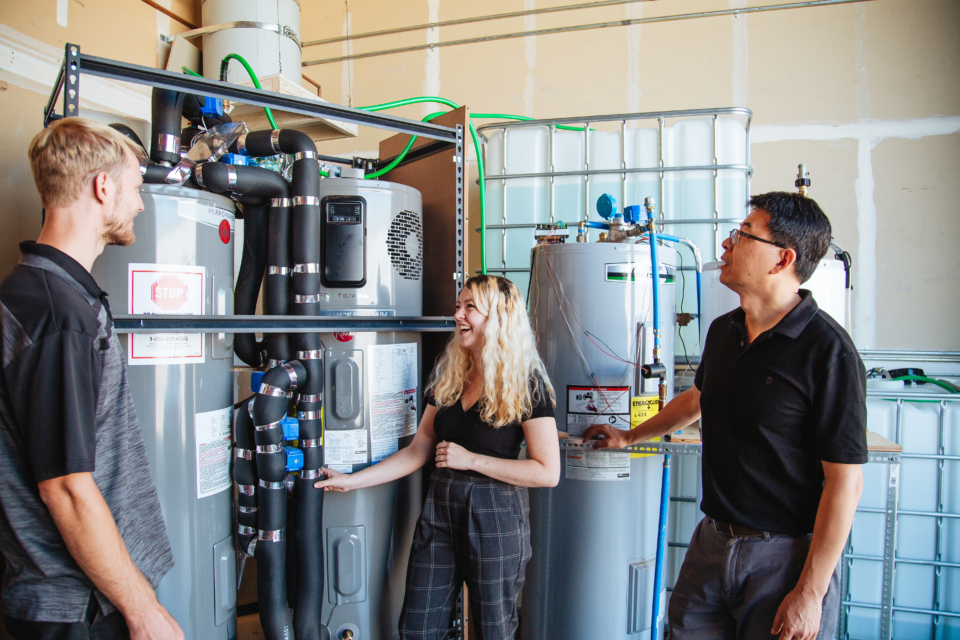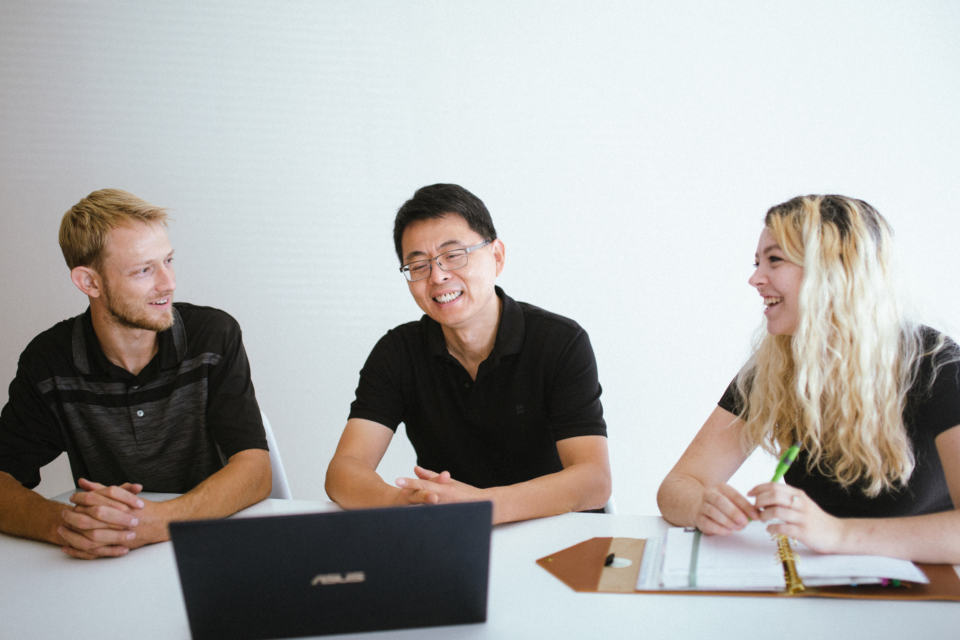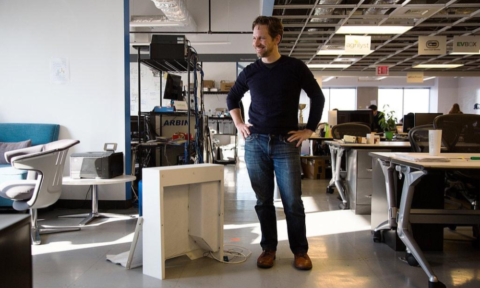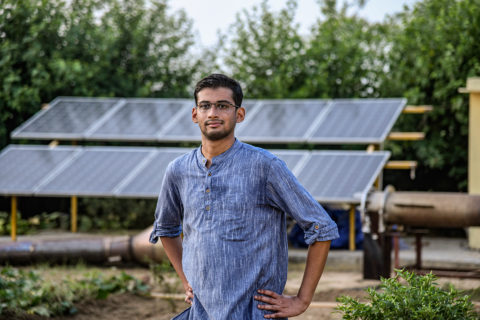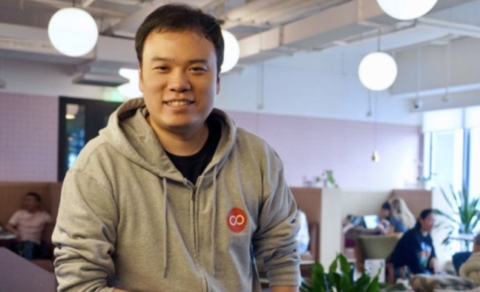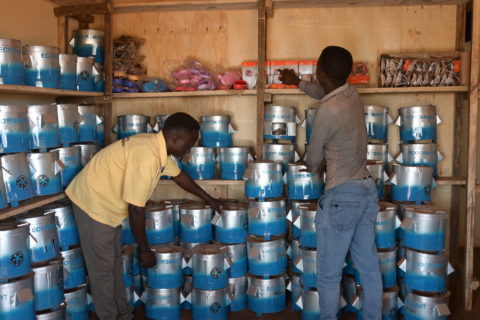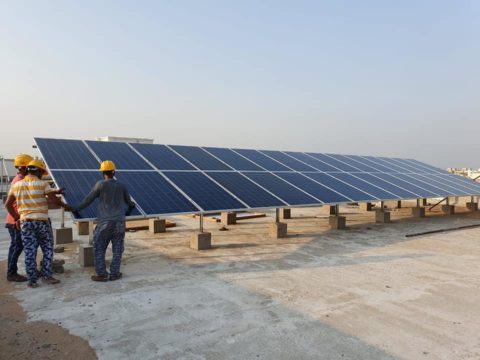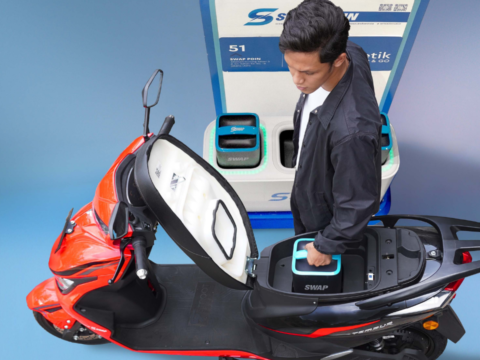Oakland, CA 13 September 2023 – The California Sustainable Energy Entrepreneur Development (CalSEED) program is thrilled to announce that 27 new Concept awards have been approved by the California Energy Commission (CEC).
For the Concept award, 27 companies out of 153 were selected to receive grants of US$150,000 to develop their breakthrough technologies. In total US$4 million of CEC EPIC funds will be invested in clean energy innovations throughout California.
“The CalSEED program has been successful in helping entrepreneurs working on promising climate solutions to get the support they need to scale up,” said David Hochschild, Chair of the California Energy Commission (CEC).
“Through the California Energy Commission’s EPIC research program, CalSEED is helping entrepreneurs turn great ideas into marketable solutions and providing benefits to California ratepayers.”
Concept awardees went through a rigorous process including a review with CalSEED’s curated review committee, who offered their time and expertise to score applications for technical merit, potential for social impact and energy equity, and team expertise. CalSEED’s solicitation is designed as a call for early-stage clean energy innovations that fall within the following technology areas: energy storage, DER integration and load flexibility, transportation electrification, building decarbonization, and industrial decarbonization.
“We’re thrilled to see so many clean energy entrepreneurs who are not only developing cutting-edge technology, but also thinking about circular and inclusive designs in the way they’re implemented” said Rebecca Lee, Managing Director New Energy Nexus California Programs. CalSEED is a program of New Energy Nexus in California.
Each year the CalSEED program selects new and emerging clean technology areas to fund to help California meet its climate goals. Within the upcoming cohort, 2 out of 27 companies are developing solutions to decarbonize the cement industry, which is currently responsible for 8.8% of industrial sector GHG emissions in California. The potential impact of transforming the way in which one of the most used materials in the world is created is one of the many ways the CalSEED program is working to bring the rapid transformation to a clean energy economy.
“This new cohort of CalSEED grant recipients stands at the forefront of new energy solutions and exemplifies California’s innovative ethos,” said Joy Larson, Program Director of CalSEED.
“With financial support, mentorship, connection to a large network, and the support of a community of fellow entrepreneurs, the CalSEED program offers a springboard for entrepreneurs to bring sustainable energy solutions and energy equity into the energy landscape.”
CalSEED is funded through the CEC’s EPIC program, which invests approximately $120 million annually for innovative clean energy technologies and approaches benefiting. the ratepayers of California’s three largest electric investor-owned utilities.
Details of the 27 companies awarded a total of US$4 million:
COHORT 6 CONCEPT AWARDEES:
- ActivatedEnergy is designing and demonstrating a long duration energy storage system for urban environments, where system footprint cost is a driving factor, without the use of lithium or cobalt. This innovation is a system that will store energy in the form of compressed liquified carbon dioxide and will release energy by expanding the gas through a turboexpander, using commercially evaluated and certified components.
- BioZen Batteries is developing a low-cost, carbon-based redox-active electrolyte (“redoxloyte”) fluid for redox flow batteries (RFBs). Redoxolytes are a green-plant-inspired organic chemistry leveraging modular, single-atom scale molecular modifications to tune solubility (capacity), redox potential (cell voltage), intermolecular interactions (lifetime), and manufacturing efficiency (cost). This technology has the potential to significantly reduce the cost of deploying long-duration RFB energy storage on the grid, thereby dramatically decreasing pollution burdens and increasing energy resilience in underserved communities.
- Calion Technologies is developing a zero global warming potential and carbon-negative heat pump using our non-vapor compression Ionocaloric heat pumping technology that will provide a drop-in replacement for vapor compression technologies. Because the ionocaloric technology utilizes the solid/liquid transition instead of the liquid/vapor transition, the ionocaloric refrigerant doubles as thermal storage material and there is never any vapor produced during the heat pumping process, so there is no refrigerant that can harm the atmosphere.
Carbon Blade Corporation is building an energy efficient hardware solution for carbon dioxide removal that can be placed directly at sequestration/usage locations with no additional cost for electricity or pipeline infrastructure. The proposed innovation is a stand-alone device that uses onboard wind and solar electricity generation to power a chemical process that captures CO2 from the atmosphere in a modular containerized solution. - C-Crete Technologies is developing a process that turns naturally occurring abundant “non-carbonate” rocks to cementitious binders with significant energy savings, affordability, flexibility, emissions reductions while maintaining similar comfort level and performance for end-users.
Ceja Engineering Solutions developing a self-powered line mounted wildfire detection system that will employ embedded sensors to continuously monitor for wildfire conditions and provide a remote automatic circuit breaker protective trip if a wildfire is detected. - CONUSANT is developing and implementing a micro-controller in residential refrigerators to efficiently store thermal energy and permanently shift load on a daily basis. This invention will use off-peak energy to cool the refrigerator freezer compartment below the normal set point of 0 degrees Fahrenheit. By lowering the temperature 2-3 degrees below 0, we can turn off the compressor usage for up to 8 hours. This will help alleviate solar/wind over-generation and curtailment concerns during peak electricity production times and insufficient load,
- EarthEn is developing a flexible energy storage solution that uses CO2 in a closed loop to store 4-100+ hours of energy at a low cost & highly scalable & safe manner. The proposed innovation is an Energy Pod that uses supercritical CO2 (sCO2) as a circulating fluid that is compressed to store excess energy from solar and wind. When excess energy is present, CO2 is compressed into sCO2 at high pressures.
- EELi Technology is developing an economical, efficient, and scalable electrochemical-based direct lithium extraction platform technology using electricity rather than carbon-intensive reagent chemicals. Electrochemical extraction processes (EEPs), in which voltage/current is the driving force to capture ions, provide exceptional lithium selectivity, recovery rate, and rapid processing.
- ENAMP is advancing a distributed energy resources management & EV charging hub that will be an all-in-one solution enabling all residential buildings, even those with limited utility power capacity, to go all-electric. Enamp will use real-time data to implement the instantaneous dynamic control of major electric loads, enabling homeowners to integrate interoperable DERs, electrify major appliances, manage loads during the grid-islanded mode, and charge electric vehicles without the need to upgrade the behind-the-meter distribution system (Utility Service, Electric panel, and subpanels).
- EnergizedAI is increasing EV fast charger uptime through the development of a predictive maintenance algorithm, allowing service to occur before failure. EnergizedAI is developing a tool that will utilize an ensemble of methods including deep learning, forecasting, and statistical survival analysis to identify fast chargers at risk of becoming non-functional. This analysis takes into account multiple data points from each fast charger and local environmental information to derive a charger health score with continuously improving accuracy as feedback from each prediction is incorporated into the analysis and the model is exposed to more data.
- ExPost Technology is developing a reuse and recycling process for end-of-life lithium-ion batteries to conserve critical materials, reduce environmental impacts, and lower material costs of new battery manufacturing. This closed-loop, direct recycling/upcycling technology uses a combination of physical and chemical processes based on pyrometallurgy and hydrometallurgy.
- Furno Materials. is producing Portland cement using small cement plant technology that will leverage hydrogen fuel and waste recycled concrete fines to produce carbon-neutral cement at >90% efficiency. Furno’s hydrogen-fired cement plants with novel reactor design use hydrogen as a fuel, removing the fuel emissions from cement production.
- Grid Science is determining the value of behind the meter DER such as battery storage. The value of DER is determined by local supply and demand conditions in that specific utility circuit, the load capacity, and the reliability of that individual feeder. Grid Science will use sensors to deliver real time distribution power flow telemetry.
- Helios Climate Industries is developing a variable-speed heat pump controller to maximize comfort, minimize operating costs and provide demand response capabilities aligned with the electricity network. The controller will make machine-learned decisions by monitoring the indoor and outdoor climate conditions, Time-of-Use billing, forecasting weather, solar PV production and consumption, thermal and battery storage charge level, and electricity network demands.
- Kinetix Energy Storage is engineering an integrated reluctance motor with a carbon fiber flywheel energy storage system to minimize lifetime project costs for short-duration energy storage applications. This innovation integrates high-efficient system components and maximizes energy storage capacity in a 20 ft shipping container to minimize shipping and installation costs while providing reliable, resilient power for 20 years without degradation.
- Leeta Materials is developing a scalable, microwave-assisted manufacturing process for battery cathode materials. Microwave heating reduces the energy consumption of the manufacturing process and in-situ characterization will allow for direct probing of the material quality. This enables efficient production of high-quality materials while decreasing the environmental footprint of battery materials.
- Mirai Solar is developing, implementing, and testing a self-learning control logic for enhancing the energy use efficiency of greenhouses through the automation of retractable photovoltaic shade screens. This smart algorithm will pull from relevant data points, both historical and real-time, to make decisions that optimize both the crop growth and electricity output of the greenhouse by choosing when to let the sun fall on the plants or photovoltaic shades.
- Project K is developing a potassium-ion battery that is lithium-free, low-cost, energy-efficient, and long-lived for grid-scale energy storage. The innovation combines old and new battery features, like a Prussian blue analog (PBA) cathode with a graphite anode and an electrolyte composed of a small-molecule organic solvent; conductive salts; and stabilizing additive into a device with an architecture that is essentially identical to that of contemporary, mass-produced lithium-ion batteries.
- Root 121, Inc. is demonstrating a sodium-ion cathode manufacturing technology that will enable an affordable and domestically resilient battery supply chain. The proposed innovation is a vertically integrated process to manufacture high-energy density sodium-ion cathodes and a materials optimization methodology that uses data collected during manufacturing, materials characterization, and battery testing.
- Scalvy is designing and demonstrate a fully modular and granular drivetrain system for medium- and heavy-duty vehicles to accelerate the electrification of this sector. This project enables low-volume OEMs to electrify their fleets using simple integration and an easier-to-access supply chain while operating efficiently. The drivetrain system will be composed of tens to hundreds of modular self-controlled drivetrain building blocks operating to drive the traction motor, charge the battery packs, supply the electronic loads, and perform the battery management system functionalities.
- Sea Dragon Energy is developing an energy management system for homeowners to monitor and control circuits using their existing circuit breaker panel. The innovation, mPower, will better utilize self-generated and stored energy while on or off grid and is easily installed into an existing panel, by snapping it into an empty slot, without requiring replacement of the panel.
- Solar Ice is building a prototype of a solar thermal-powered absorption air conditioning & refrigeration system utilizing high efficiency solar collectors, modern absorption chillers, and state-of-the-art phase change material storage. Compared to conventional systems, this solar thermal cooling innovation will reduce greenhouse gas emissions and improve air quality by operating without the HCFC refrigerants, and eliminating the compressor drastically reduces energy consumption, translating to cost savings and system reliability while eliminating the constant noise and vibration.
- Sunchem is developing and scale up a low-cost precision Nano Filtration device that can continuously capture critical metals used for the clean energy transition from any complex water mixtures. The Nano Filter (NF) technology is based on a library of compositions made up of highly porous sponge-like metal-organic framework (MOF) and polymer building blocks that can process complex water mixtures for precision separation and concentration of metals that are critical for the creation of renewable energy sources and storage such as solar photovoltaic cells, batteries and onshore/offshore wind.
- ThermoShade is developing a passive cooling panel that can be installed above outdoor spaces, creating a shady space that feels up to 20°F cooler than the outside air. ThermoShade integrates ultra-reflective coatings, which reflect >90% of the Sun’s energy, and phase change materials, which release stored cool thermal energy during the daytime heat, and recharge at night when temperatures drop, into a modular, highly scalable design. ThermoShade will work 24/7 with zero electricity, zero water, and zero upkeep, helping to keep customers cool, while reducing their electricity and water bills.
- Waste Salt Technologies LLC is demonstrating a process that repurposes the unseparated and minimally processed solid salt of the desalination process in an inexpensive, safe, modular, and scalable Thermal Energy Storage (TES) system that can be used to store thermal energy. Waste Salt Technologies’ approach includes physical and chemical steps to prepare the salt and involves a data-driven procedure for designing a heat exchanger that can thermally interact with the processed salt to provide and extract thermal energy.
- Westwood Aerogel is incorporating aerogel technology into energy efficient window designs. Sol-gel Solutions produces ambiently dried aerogel technology that will be applied through an optically clear adhesive onto a pane of window and assembled into insulating glass units. It is transparent, has extremely low thermal conductivities, and unlike existing technologies, can be mass produced in a continuous line process.
About CalSEED
CalSEED is funded through the CEC’s EPIC program which invests approximately $120M annually for innovative clean energy technologies and approaches benefiting the ratepayers of California’s three largest electric investor-owned utilities. Through the CalSEED initiative US$25M will be deployed to back over 80 startups in coming years. CalSEED is administered by New Energy Nexus.
About the California Energy Commission
The California Energy Commission is leading the state to a 100 percent clean energy future. It has seven core responsibilities: developing renewable energy, transforming transportation, increasing energy efficiency, investing in energy innovation, advancing state energy policy, certifying thermal power plants, and preparing for energy emergencies. For more information, please go to energy.gov.ca .

